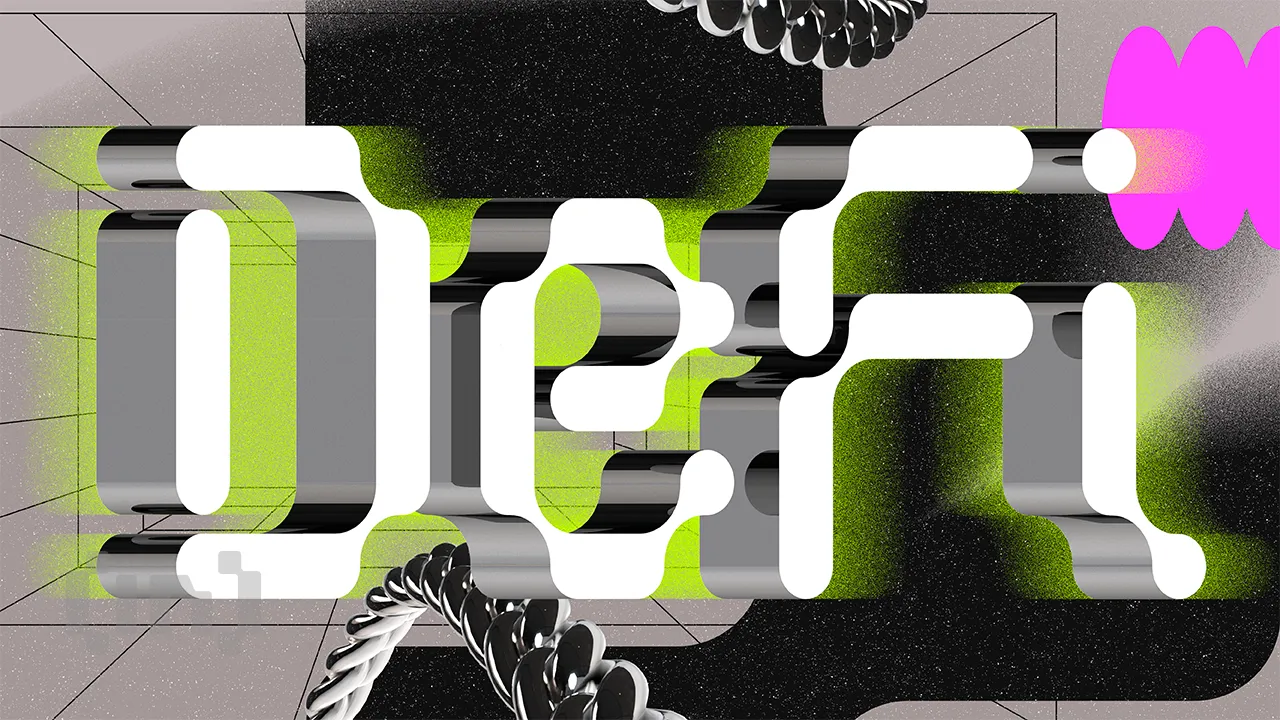
DeFi Industry Faces Setbacks Amid Market Decline
Decentralized Finance (DeFi) platforms have experienced one of their steepest declines this year, with the total value locked (TVL) across major blockchain networks plummeting significantly. Security breaches and a shift in market activity have added to the challenges facing the DeFi sector.
Total Value Locked: A Sharp Decline
The DeFi market saw TVL on platforms such as Ethereum, Solana, Arbitrum, BNB Smart Chain, and Base decrease by double-digit percentages. Ethereum, which remains the largest DeFi ecosystem, faced a roughly 13% drop in TVL, amounting to approximately $74.2 billion. Despite this, Ethereum retains more than 62% market control. Notably, Solana also experienced a sharp 14% decrease, dropping to approximately $10 billion, but still holds its place as the second-largest DeFi network by market share.
On a broader scale, the total DeFi TVL fell from $150 billion to around $130 billion, reflecting an overall slowdown in borrowing, lending, and staking activities within the ecosystem.
High-Impact Security Breaches Shake Confidence
Security concerns intensified as several high-profile breaches hit the DeFi landscape. On November 3, Balancer—a long-standing DeFi platform—fell victim to an exploit draining over $120 million from its V2 vaults. The Balancer team explained that a combination of rounding errors and exploitation of the platform’s batchSwap feature led to the attack. Additionally, Stream Finance was impacted by a $93 million misappropriation of managed assets, forcing it to suspend operations and liquidity provider Elixir to halt its synthetic deUSD stablecoin operations.
These security lapses have amplified scrutiny of DeFi protocols, revealing vulnerabilities in smart contract logic and governance designs, which malicious actors continue to exploit.
What Does This Mean for DeFi Users?
These series of events highlight the importance of due diligence before engaging with DeFi platforms. For users, choosing secure platforms with strong governance and auditing processes is essential. Products like the Ledger Hardware Wallet provide enhanced security for managing crypto assets, allowing DeFi enthusiasts to explore the decentralized finance ecosystem while protecting their funds.
The Road Ahead for DeFi
As the DeFi sector evaluates its next steps, implementing more robust security measures, improved governance frameworks, and advanced auditing systems will be critical. The resilience of the DeFi ecosystem will depend on its ability to adapt to these challenges and restore user confidence.
For more updates on DeFi, blockchain, and crypto markets, subscribe to our newsletter and stay informed!





